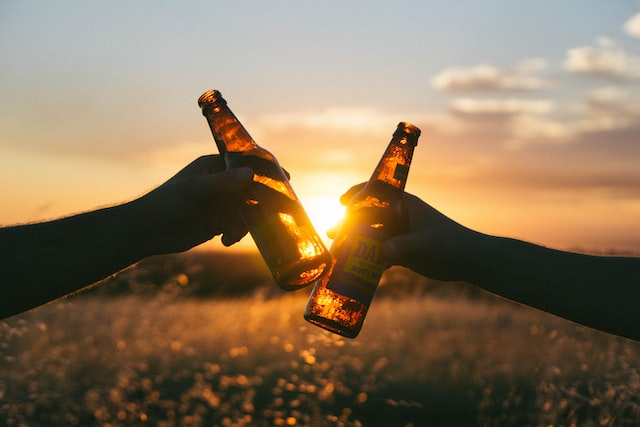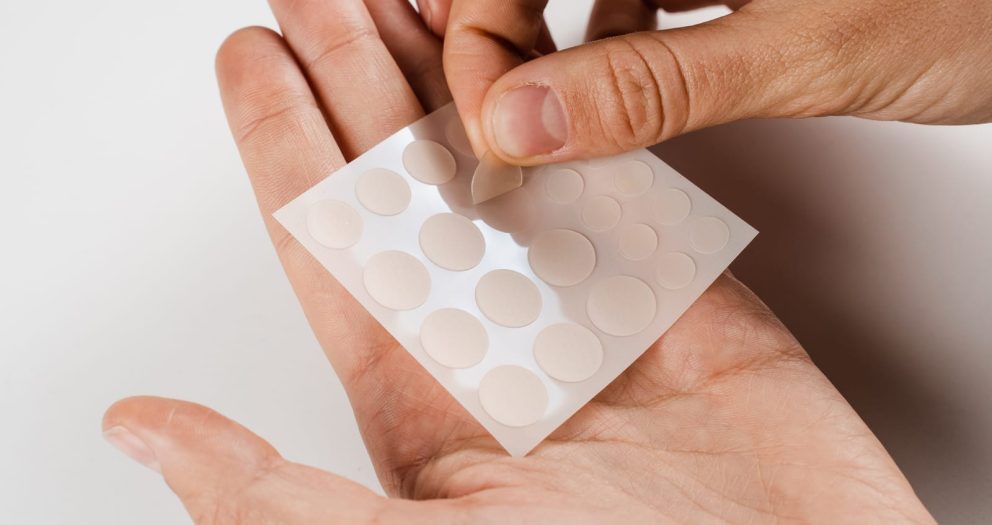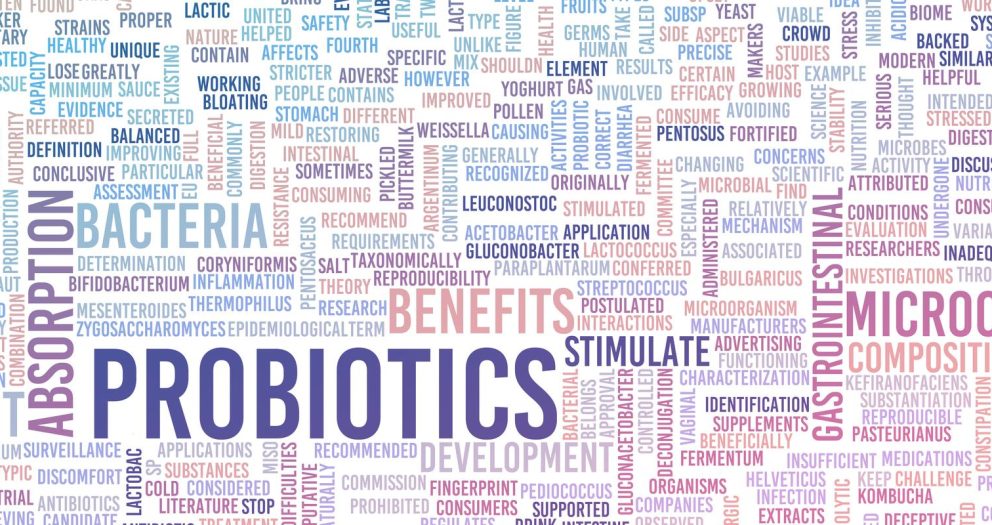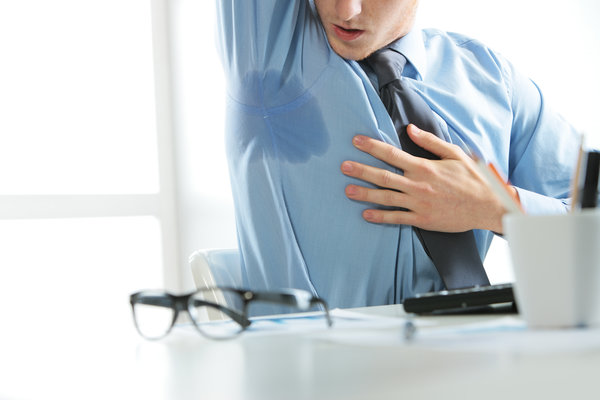We all know that excessive alcohol consumption can have harmful effects on our health, including damage to the liver, brain, and heart. But have you ever wondered about the impact of alcohol on our skin?
As the largest organ of the body, our skin is constantly exposed to various external factors, and alcohol may be one of them. Some common skins problems caused by excessive drinking are urticarial reactions, porphyria cutanea tarda, flushing, cutaneous stigmata of cirrhosis, psoriasis, pruritus, seborrheic dermatitis, and rosacea
In this article, we will explore the question of whether excessive drinking can cause skin problems and examine the potential risks and consequences of alcohol consumption on our skin health. So, grab a drink (preferably water!) and read on to discover the impact of alcohol on your skin.
What happens to your skin if you drink too much alcohol?
Excessive alcohol consumption can have a negative impact on your skin, both in the short and long term. Here are some of the ways that drinking too much alcohol can affect your skin:
Dehydration
Alcohol is a diuretic, which means it can cause dehydration by increasing urine production. When you are dehydrated, your skin can appear dry, dull, and less supple. This can also make fine lines and wrinkles more noticeable.
Inflammation
Alcohol can trigger inflammation in the body, including in the skin. Inflammation can cause redness, swelling, and a puffy appearance. Over time, chronic inflammation can damage the collagen and elastin fibers in the skin, leading to premature aging.
Rosacea
Drinking alcohol can trigger or worsen rosacea, a skin condition that causes redness, flushing, and visible blood vessels on the face. Alcohol can dilate blood vessels and cause them to break, leading to a red and blotchy appearance.
Acne
Alcohol can disrupt the balance of hormones in the body, including those that regulate sebum production. Excess sebum can clog pores and lead to acne breakouts.
Nutrient depletion
Alcohol can deplete the body of important nutrients, including vitamins A, C, and E, which are essential for healthy skin. Nutrient deficiencies can cause skin to appear dull, dry, and less elastic.
Skin cancer
Heavy alcohol consumption has been linked to an increased risk of skin cancer, particularly squamous cell carcinoma. This may be due to the fact that alcohol can damage DNA and impair the immune system, making it harder for the body to fight off cancer cells.
It is important to note that the effects of alcohol on skin health can vary depending on individual factors, such as age, genetics, and lifestyle habits.
However, it is clear that excessive drinking can have negative consequences on the skin, both in the short and long term. To maintain healthy skin, it is best to limit alcohol consumption and prioritize a balanced diet, hydration, and other healthy habits.
Can alcohol permanently damage your skin?
Yes, alcohol can potentially cause permanent damage to your skin if consumed excessively and over a prolonged period of time. One of the lesser-known ways that alcohol can damage the skin is by interfering with the skin’s natural healing processes.
The skin has an amazing ability to regenerate and repair itself, but alcohol can disrupt this process by impairing the function of cells called fibroblasts. Fibroblasts are responsible for producing collagen, a protein that gives skin its strength and elasticity. When alcohol impairs fibroblasts, the production of collagen can slow down or even stop altogether, leading to thinning skin, wrinkles, and sagging.
Furthermore, excessive alcohol consumption can also lead to the accumulation of toxic byproducts in the body, such as acetaldehyde, which can damage cells and cause inflammation. Chronic inflammation can cause long-lasting damage to the skin, leading to discoloration, uneven skin tone, and scarring.
Another way that alcohol can potentially cause permanent damage to the skin is by increasing the risk of skin infections. Alcohol can suppress the immune system, making it more difficult for the body to fight off infections caused by bacteria, viruses, and fungi. These infections can lead to scarring and other long-term skin damage.
It is also important to note that alcohol can exacerbate existing skin conditions, such as eczema and psoriasis, leading to permanent damage in some cases. In particular, alcohol can trigger flares of these conditions, leading to skin irritation, itching, and even open wounds.
Overall, excessive and prolonged alcohol consumption can have lasting effects on the skin, leading to wrinkles, sagging, scarring, and discoloration. To maintain healthy skin, it is important to limit alcohol consumption and prioritize a healthy lifestyle, including a balanced diet, regular exercise, and proper hydration.
Sources:
- American Academy of Dermatology Association: “Can Drinking Alcohol Affect Your Skin?” – https://www.aad.org/public/everyday-care/skin-care-secrets/anti-aging/can-drinking-alcohol-affect-your-skin
- National Institute on Alcohol Abuse and Alcoholism: “Alcohol’s Effects on the Body” – https://www.niaaa.nih.gov/alcohols-effects-health/alcohols-effects-body
- Dermatology Times: “Alcohol’s impact on skin health: The good and the bad” – https://www.dermatologytimes.com/view/alcohol-s-impact-on-skin-health-the-good-and-the-bad
- Skin Therapy Letter: “Alcohol and Skin Disorders: With a Focus on Psoriasis” – https://www.ncbi.nlm.nih.gov/pmc/articles/PMC3012059/
- Journal of Cosmetic Dermatology: “Alcohol consumption and skin health: A systematic review” – https://onlinelibrary.wiley.com/doi/abs/10.1111/jocd.13225






